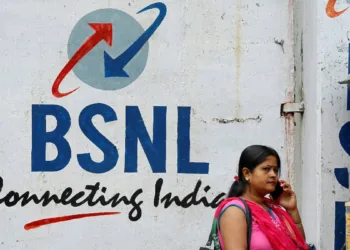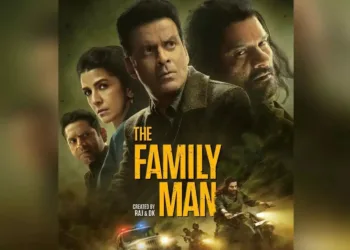The Delhi High Court, in a significant judgment on NFT and Web 3, has dismissed a plea by Rario against Striker, a fantasy platform, and Mobile Premier League (MPL), a digital gaming platform, that sought to prevent Striker from using public information available on cricket players.
The order by Hon’ble Justice Amit Bansal stated that NFT technology is freely available and cannot be exclusively claimed by any party. The court clarified that NFT player cards are “in-game” assets meant to enhance the gaming experience and found no difference between online fantasy sports (OFS) using NFT-enabled player cards and ordinary OFS games.
Delhi High Court rejects Rario’s plea against Striker in a landmark NFT judgment
Striker collaborates with individual artists to produce original cricket-themed art using publicly available events and recollections. While the platform operates an innovative fantasy league, it also allows users to retain and develop the players they “buy” for their fantasy teams throughout multiple seasons of on-field cricket.

Rario’s petition was joined by prominent cricketers like Harshal Patel, Shivam Dube, and Umran Malik, who had signed NFT deals with Rario. Striker was supported in its petition by the All India Gaming Federation (AIGF) and Winzo. AIGF intervened in the case to prevent monopoly over any part of the online gaming ecosystem, support innovation and creativity, and discourage anti-competitive and monopolistic tendencies.
Roland Landers, CEO of AIGF, said that the court’s decision recognized the use of Web 3 technologies and classic formats of online games cannot be restricted unless a clear violation of law is established, and upheld the rights of small developers to build for India.
The order was welcomed by the artist community that had been working with Striker to showcase their digital art to a larger audience and monetize their work effectively. Najeeb Thottungal, one of the artists, said that the ruling protected the rights of small independent artists and empowers them to continue creating and contributing to the conversation surrounding cricket and art.
Nitesh Jain, co-founder of Striker, expressed his gratitude to the Delhi High Court for establishing that there can be no monopoly over NFT technology. He stated that indie game developers like Striker could not survive in a world where NFT tech is monopolized by a few.
Jain emphasized that just like photographers cannot be asked to stop using color pictures available in public, developers and artists cannot be asked to refrain from making NFTs out of publicly available images or information. Using blockchain and NFT technologies, among other things, helps keep systems free of fraud and fosters transparency.








